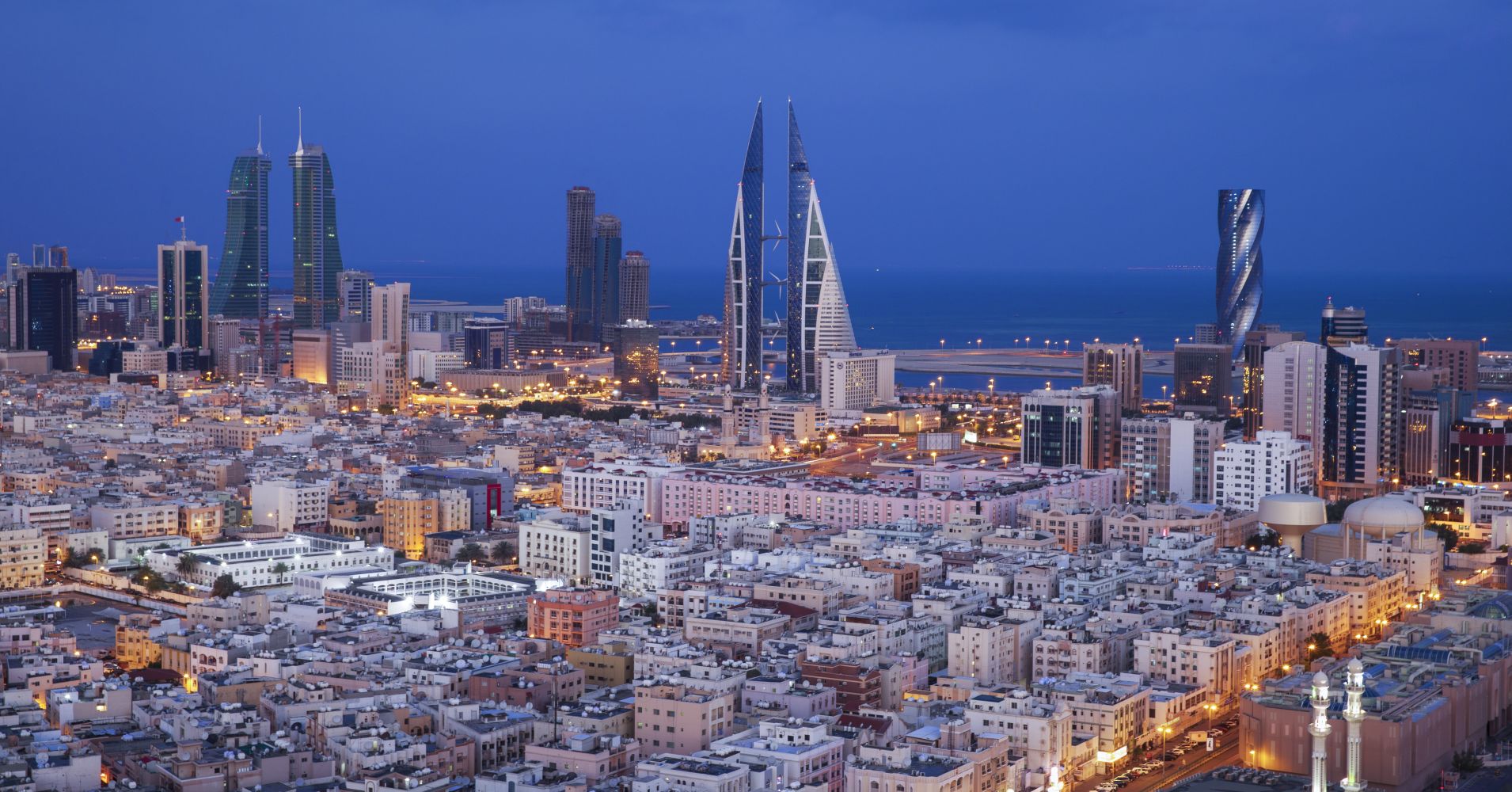Bahrain’s neighbors and allies said they are discussing a program to support the kingdom’s public finances, but one analyst told CNBC that the support is likely to come at a political price.
Saudi Arabia, Kuwait and the United Arab Emirates (UAE) said in a statement Tuesday that they are in discussions with the authorities in Bahrain “to enhance the stability” of its financial situation.
The announcement added that the group was considering “all options to support Bahrain and to finalize an integrated program that will soon be announced to enable the Kingdom of Bahrain to support its economic reforms and fiscal stability.”
Hootan Yazhari, head of frontier markets equity research at Bank of America Merrill Lynch, told CNBC Thursday that the conditions attached to the program could be of a geopolitical nature.
“We believe now that the support that’s going to come to Bahrain will come with conditions, particularly from a geopolitical perspective, the move to isolate Iran further and these sorts of matters, and getting the support behind the UAE and Saudi Arabia — I think those conditions are going to be more important,” Yazhari told CNBC’s “Capital Connection.”
“So long as we’re in a benign or sublime oil price environment, and we see a very strong level of capital generation by the different countries, then their ability to support (Bahrain) remains pretty high, and (if Bahrain) meets the conditions that we think could be tied to supporting Bahrain, they should be OK,” he said.
“Should that not be the case, we could see things moving differently so it’s really become a political matter more than anything else.”
No details of the aid package were revealed but markets responded favorably to the news with the Bahraini dinar recovering from a 17-year low against the dollar Tuesday. Investor appetite for Bahraini government debt also recovered following the announcement with the yield on its international bond maturing in August 2023 plunging to 7.58 percent from 8.95 percent, Reuters reported.
Earlier this week, yields (which rise when investors demand a higher return when investing in what’s perceived to be a riskier asset) had climbed amid fears that Bahrain might not be able to redeem a $750 million Sukuk (Islamic) bond that matures in November.
It’s the second of the kind of aid package that Bahrain — the region’s oldest but smallest oil producer — has received in recent years. Amid Arab uprisings taking place in North Africa and the Middle East in 2011, Bahrain and Oman received a $20 billion fund to support their economies and boost jobs.
There have been prolonged concerns over the kingdom’s financial stability, in particular its budget deficit and debt level.
In May, the International Monetary Fund (IMF) said that Bahrain’s output remained “resilient” in 2017, with the economy growing at around 3.8 percent. It also stated that the kingdom’s fiscal deficit is estimated to have declined to 14 percent of gross domestic product (GDP), from around 18 percent in 2016.
Public debt had increased to 89 percent of GDP, the IMF said, following an assessment of the economy, “while the current account deficit (a measurement of a country’s trade) remained unchanged at 4.5 percent.”
Over the medium term, however, the IMF said that “the deficit is projected to remain sizable, with a rising interest bill as public debt continues to increase. Without further measures, non-oil revenue is expected to stagnate and growth to slow.” As such, it said “a credibly large fiscal adjustment is a priority.”
The implementation of a value-added tax (a sales tax which Bahrain says it will introduce later this year) was welcomed by the IMF but it also said that additional revenue measures — including the consideration of a corporate income tax would be welcome. It also said consideration should be given to better targeting subsidies and addressing the large wage bill.
“Especially given fiscal constraints, sustained structural reforms remain key to supporting growth and diversification,” the IMF said in its concluding remarks.


 Signal2forex.com - Best Forex robots and signals
Signal2forex.com - Best Forex robots and signals




